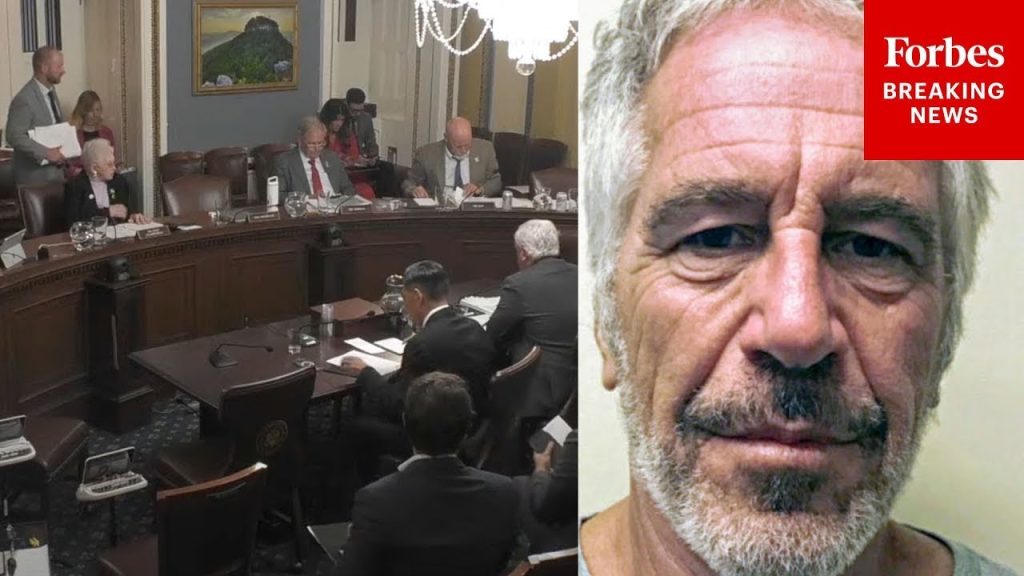In a striking political move, Republican members of the House Rules Committee have voted down the Bipartisan Epstein Files Transparency Act, a significant initiative aimed at unearthing critical documents related to Jeffrey Epstein’s web of allegations and connections. The decision has sparked outrage among proponents of the legislation, who argue that transparency is crucial for accountability in the wake of Epstein’s controversial past.
The Bipartisan Epstein Files Transparency Act sought to mandate the release of previously classified files concerning Epstein and his associates, many of whom are high-profile figures across various sectors, including politics, business, and entertainment. Epstein’s infamous 2019 arrest on federal charges of sex trafficking minors reignited public scrutiny over the extent of his connections and the implications they may have had on powerful institutions. Advocates of the measure contended that shedding light on these documents is essential not just for the victims seeking justice, but also for restoring public faith in governmental oversight.
The Republicans’ decision to vote down the bill has intensified an already heated debate over the balance between national security and public interest. Critics of the move argue that the refusal to provide transparency serves only to protect entrenched interests and shield influential individuals from scrutiny, effectively stifling the quest for truth surrounding Epstein’s dealings and their broader implications.
The event comes in the larger context of ongoing political polarization and increasing demands for accountability from all sectors of government. The Epstein case remains a flashpoint around issues of trafficking, power, and the ethics of silence. As calls for transparency grow louder among activists and watchdog organizations, opponents of the vote may feel emboldened to push for alternative routes to obtain the information deemed critical for understanding the full scope of Epstein’s activities.
With the committee’s decision marking a significant setback for the transparency movement, the question remains: what will be the next steps for advocates seeking to shine a light on Epstein’s extensive network? As political tensions deepen, the call for accountability is unlikely to wane, ensuring that this controversial issue will remain in the public discourse.



